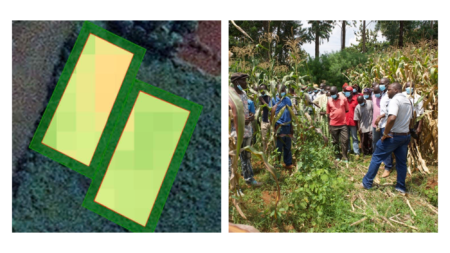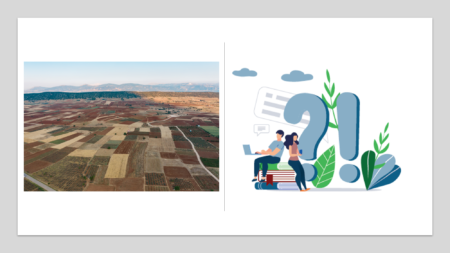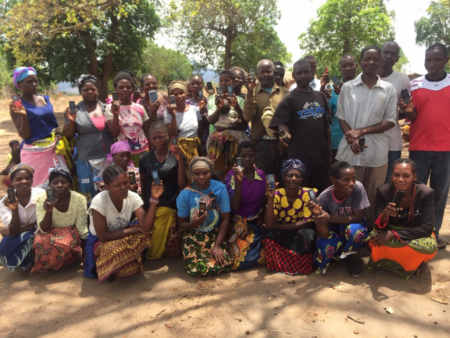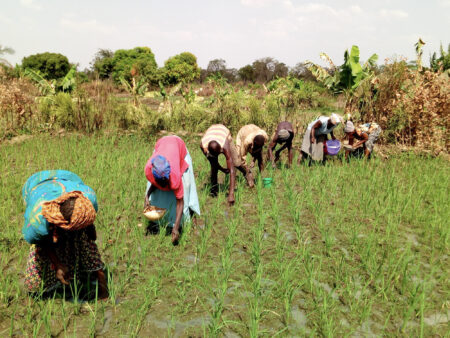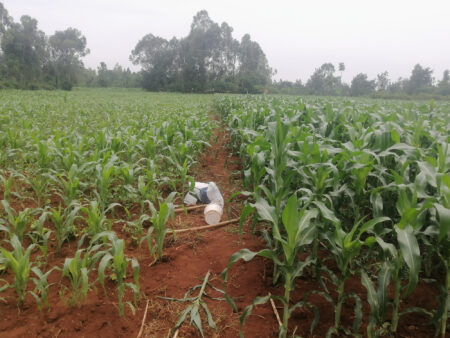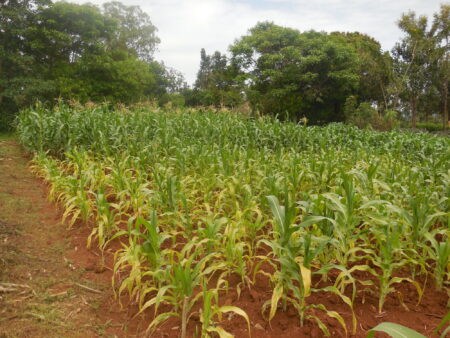 V
V
Variability in Yield Response Strongly Affects Maize Productivity and Nutrient Requirements
Smallholder maize productions systems in western Kenya exhibited wide spatial and temporal variability in yield responses to N, P and K application at the field level. Nutrient omission trials provide evidence of strong and ubiquitous N limitations and high vulnerability for rapid decline in P and K under continuous cropping without balanced nutrient applications.

